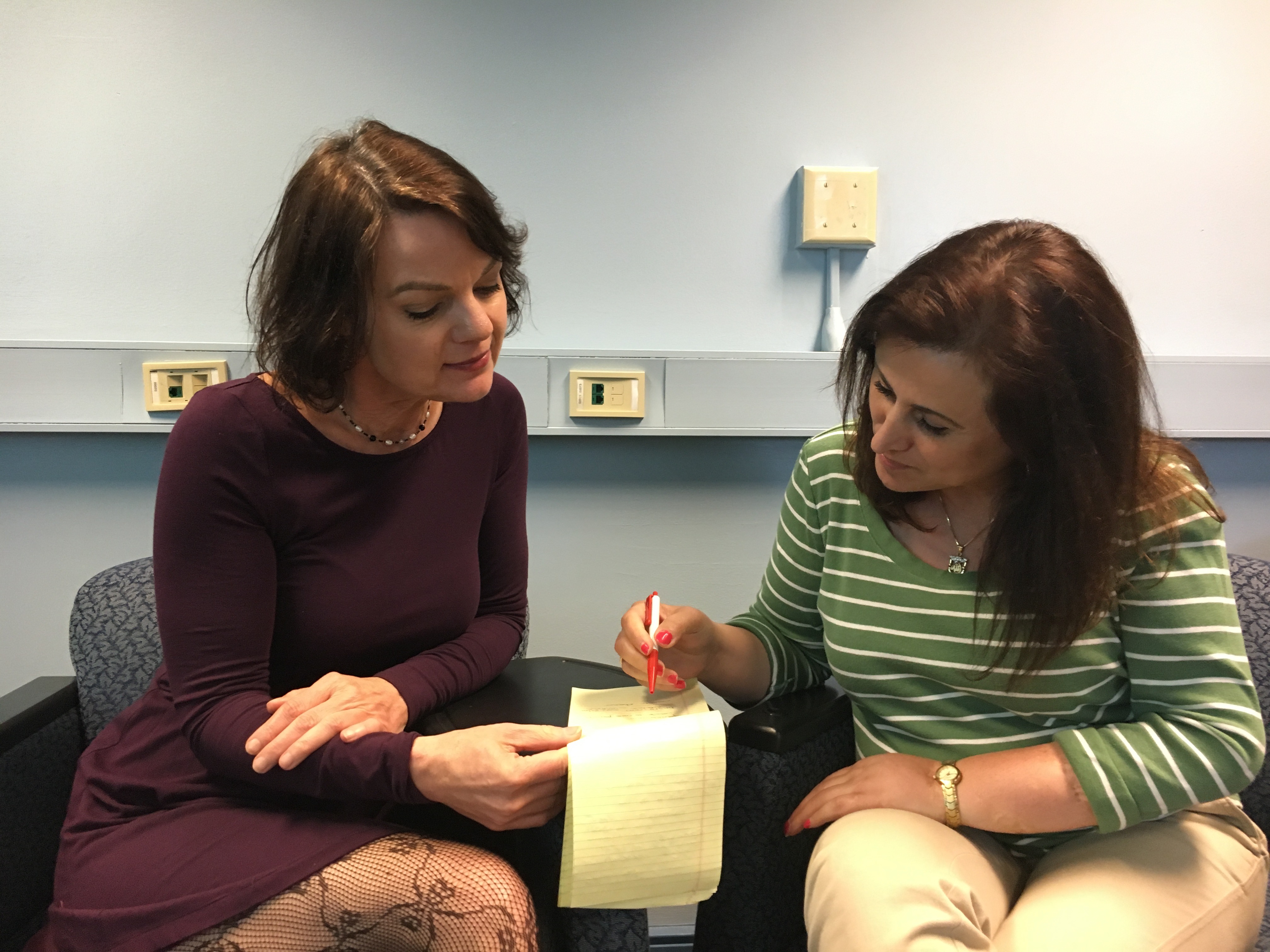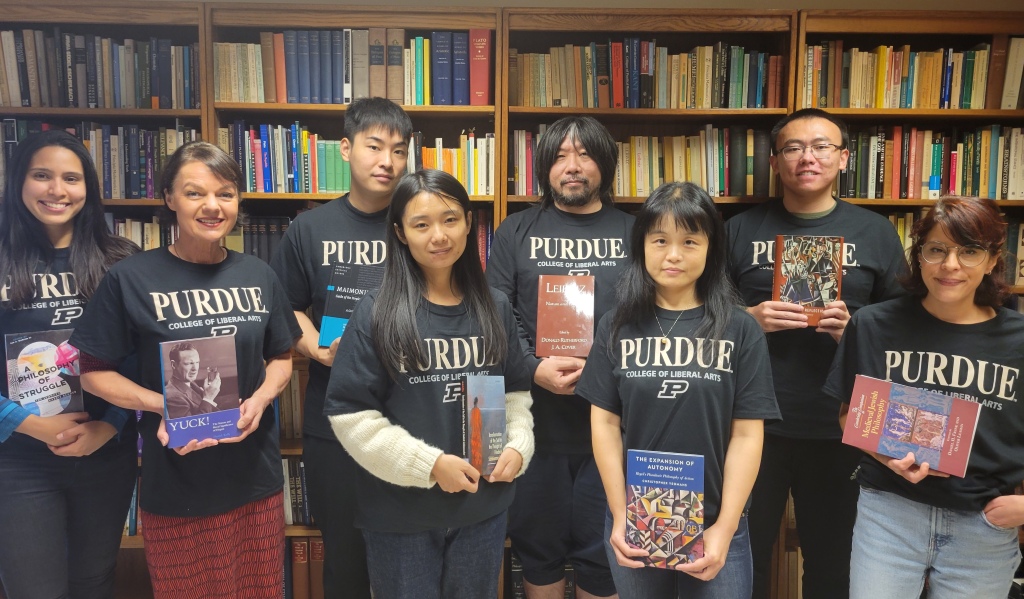
Purdue Philosophy MAIS Students and Program Support, Fall 2022
The M.A. in Philosophy for International Students is a two-year Master’s program that combines graduate seminars in philosophy with advanced English language instruction to develop students’ knowledge of philosophy, and their literacy in the reading, writing, and conversational practices of philosophers. The M.A. program is the ideal stepping stone for non-native speakers of English to prepare for Ph.D. programs in philosophy in the English-speaking world.
During the M.A. program in philosophy, students choose any of the graduate courses offered by the department’s Ph.D. program. All philosophy graduate courses are taught by research faculty within the Purdue Department of Philosophy and cover a wide range of philosophical research interests.
Every student in the M.A. program receives an individual evaluation of their English proficiency upon entrance to the program and an individualized development plan for their language skills. Each semester, students are offered specifically tailored courses to enhance their English reading, writing, speaking, and presentation skills in the philosophical context and culture. In addition, students receive support for a regular philosophy course of their choosing in a “Walk-Along” course: students meet with a designated faculty member parallel to the main course to discuss their progress and receive feedback on their reading, writing, and course presentations.
Students are also supported individually in their adjustment to their new cultural environment at an American university and its surroundings. In addition to the designated faculty member, students are personally supported by the department’s Intercultural Liaison, a Ph.D. student in the Philosophy program, beginning with pre-arrival challenges and continuing throughout their first year at Purdue.
A key component of the program is that a designated faculty member works individually with M.A. candidates during the Ph.D. application process. Support includes the extensive revision of one seminar paper to produce the ideal writing sample for application to Ph.D. programs in philosophy.
Upon completion of the degree requirements, students will graduate with a full M.A. degree from Purdue University, vitally improved English language skills, and full immersion in the culture of American research universities. Most importantly, students are given a very good chance at successfully applying for Ph.D. programs in the English-speaking world of philosophy.
Click here to apply to the M.A. in Philosophy for International Students.
For more information on the program, contact Phil2LMA@purdue.edu.
NOTE: The Department of Philosophy at Purdue does not offer a regular M.A. degree in Philosophy.
People of the Program
MEET CHEN YANG
Intercultural Liaison for the Philosophy for International Students M.A. Program
I serve as the Intercultural Liaison for the M.A. Program in Philosophy for International Students helping international students find their way in their new academic home in Purdue’s Philosophy Department and in the greater campus community. International students are encouraged to contact me with any questions they may have before their arrival and during their first semester at Purdue at yang1862@purdue.edu.
I am a third-year Ph.D. student in philosophy. I majored in geochemistry in my undergraduate studies and then pursued a master’s degree in philosophy at Warwick, England. Currently, I work with Purdue Philosophy Professor Christopher Yeomans on Hegel’s concept of infinity and its possible interactions with mathematics, especially Cantor, Gödel, and Cohen’s work on set theory.
MEET DR. GABRIELE DILLMANN
Director of the Philosophy for International Students M.A. Program and Lecturer, English for Philosophy
In my capacity as program director and lecturer in the Philosophy MA program uniquely designed for international students, my mission is to help non-native English speakers realize their academic and professional goals while becoming productive members of the greater philosophical community. For most of our students, the MA serves as a stepping stone to a PhD program in Philosophy in a subject area they have been well prepared for during their advanced studies in our MA program. Our innovative program offers students exactly the courses and support that they need to succeed in the English-speaking – and thus international – world of philosophy.
For a complete list of Purdue Philosophy program faculty and staff, please click here.
For current MAIS student profiles, please visit here.
Resources for Prospective and Current Students
Beyond courses directly associated with the M.A. in Philosophy for International Students, students in the program also have access to several resources on Purdue’s campus to help them transition to their new cultural and academic environment:
Purdue Language and Cultural Exchange (PLaCE)
PlaCE supports international students who learned English as a second language, and who will benefit from language and cultural support as they adjust to life at a U.S. university. Students in the M.A. in Philosophy for International Students have the option to deepen their English language skills through courses offered by PlaCE.
The Oral English Proficiency Program (OEPP)
The OEPP offers several resources for international students, including administering the Oral English Proficiency Test (OEPT) and a course on Classroom Communication for International Graduate Students (ENGL 62000).
Purdue Writing Lab
The Purdue Writing Lab offers writing consultations and tutoring to all Purdue students, faculty, and staff on the West Lafayette campus.
“Simplicity, patience, compassion.
These three are your greatest treasures.
Simple in actions and thoughts, you return to the source of being.
Patient with both friends and enemies,
you accord with the way things are.
Compassionate toward yourself,
you reconcile all beings in the world.”
― Lao Tzu, Tao Te Ching

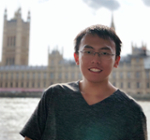
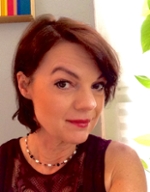
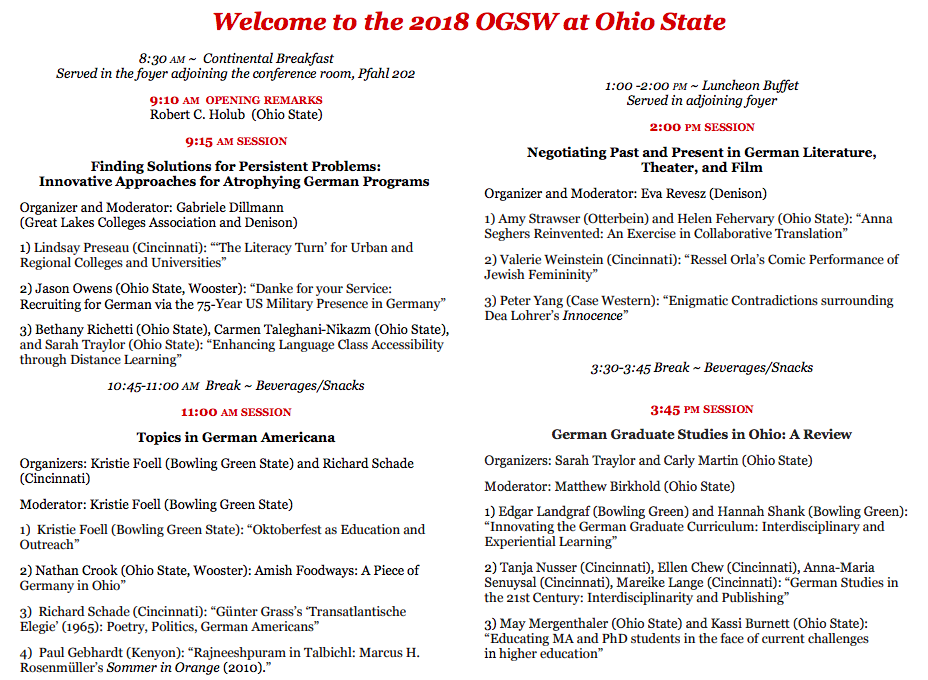
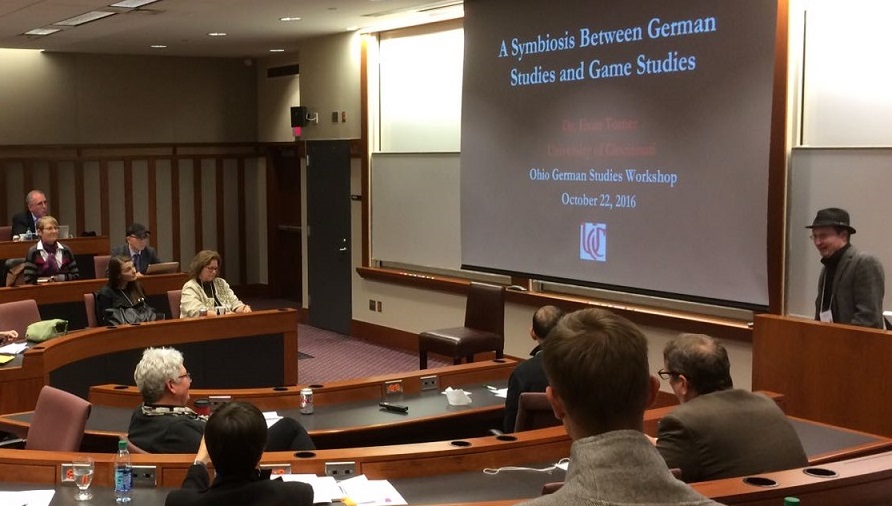






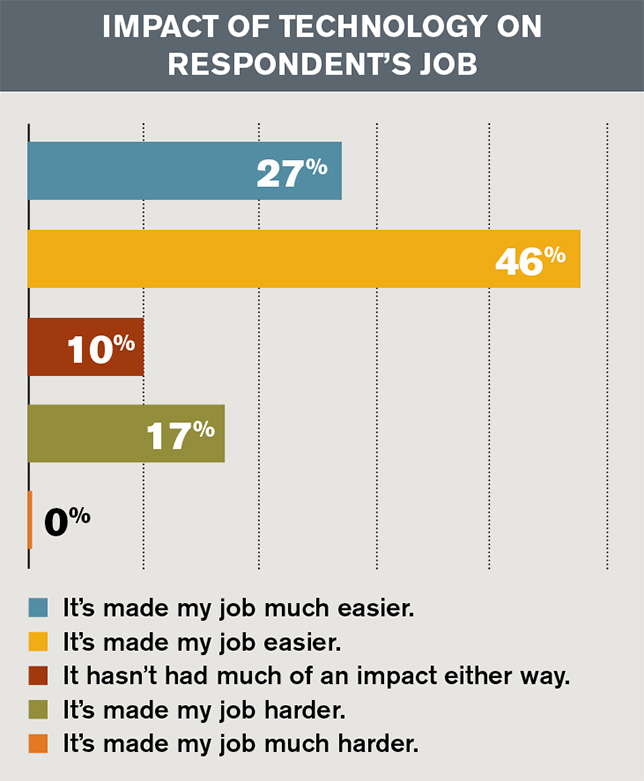
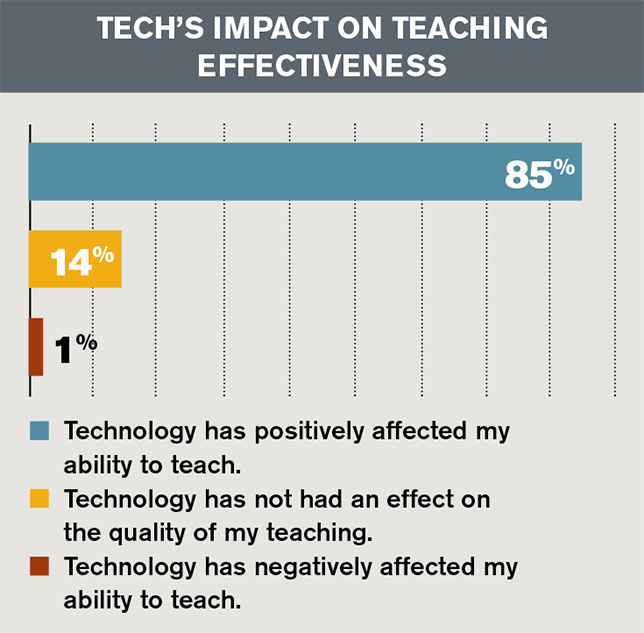
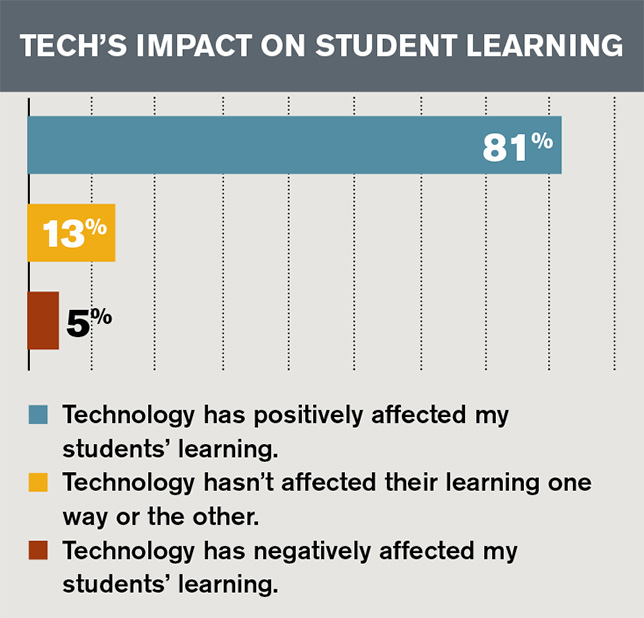
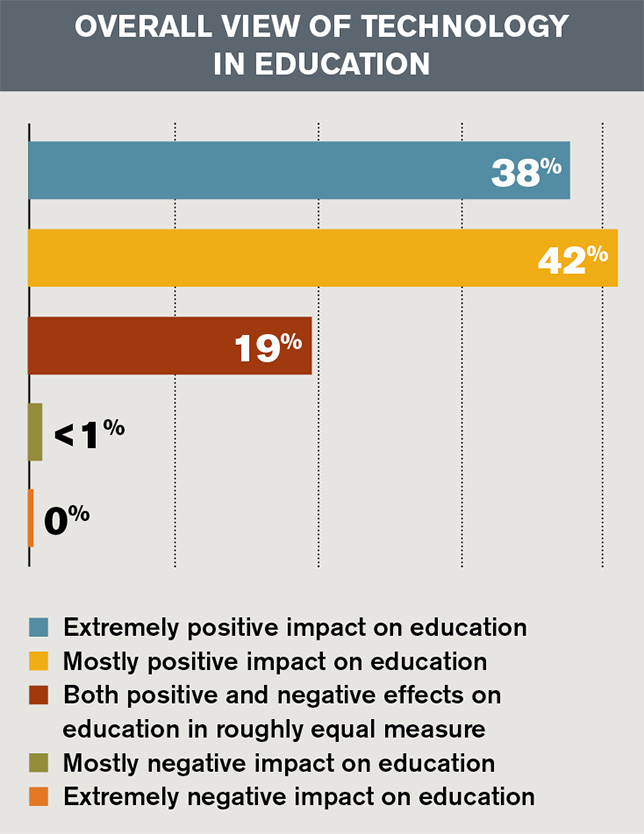
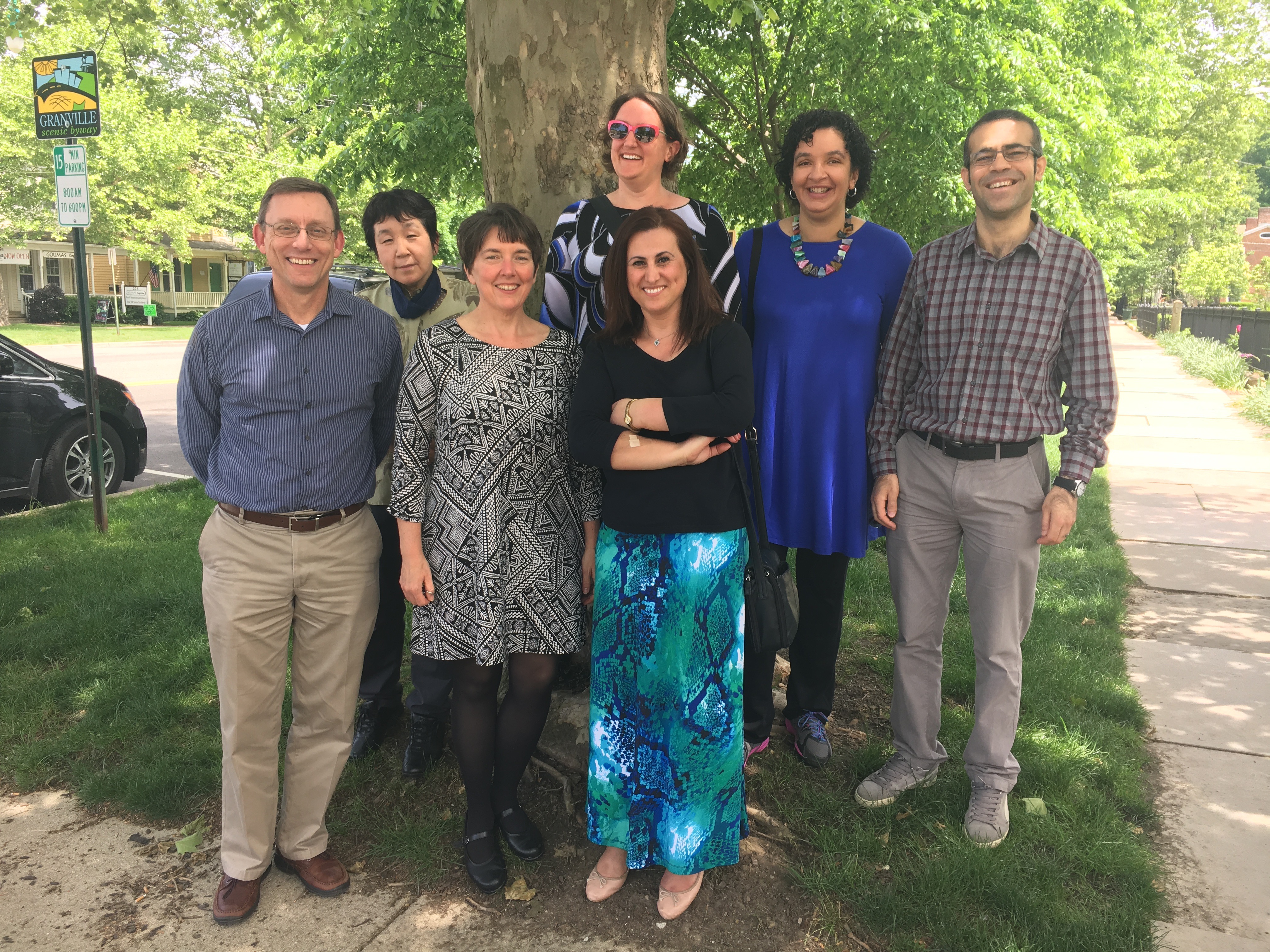 Colleagues from 7 GLCA institutions met for a weeklong
Colleagues from 7 GLCA institutions met for a weeklong 